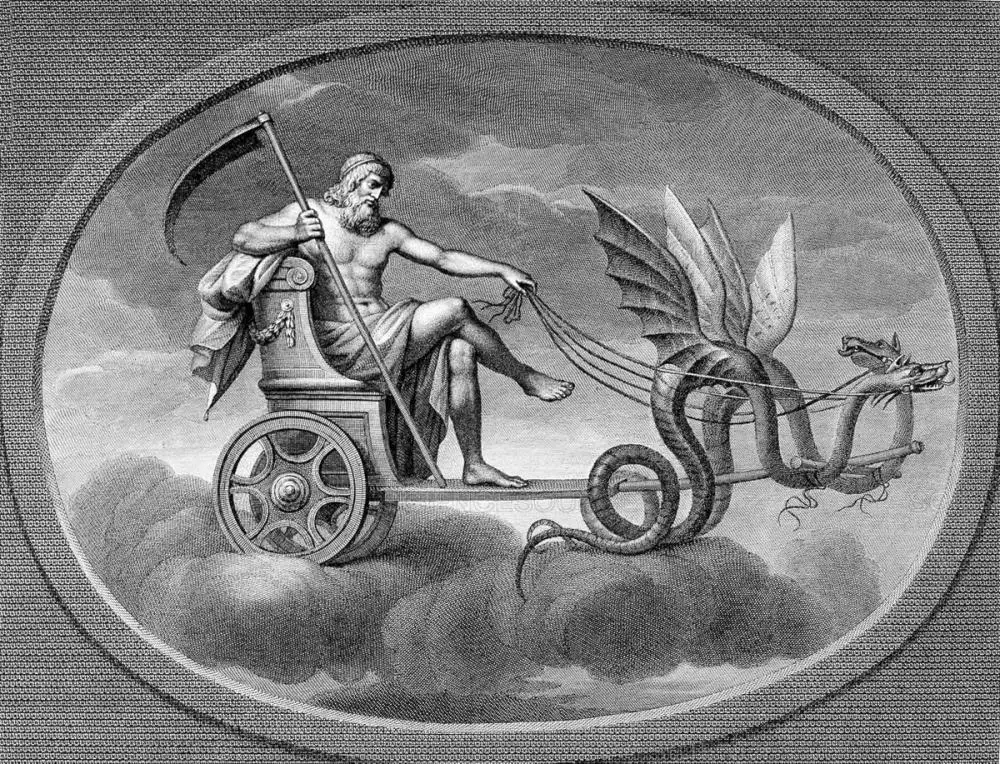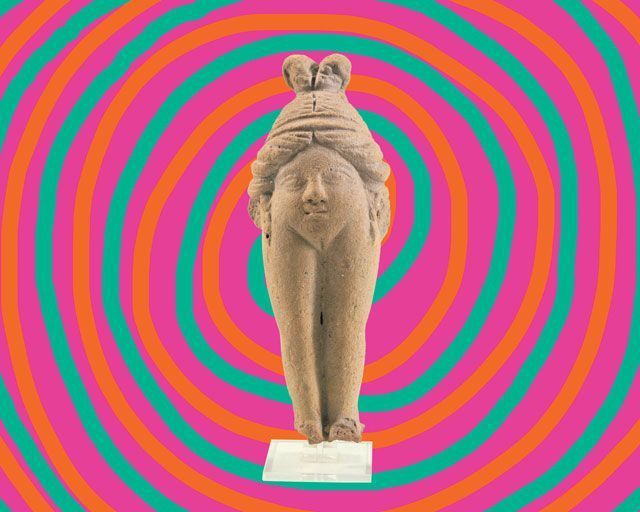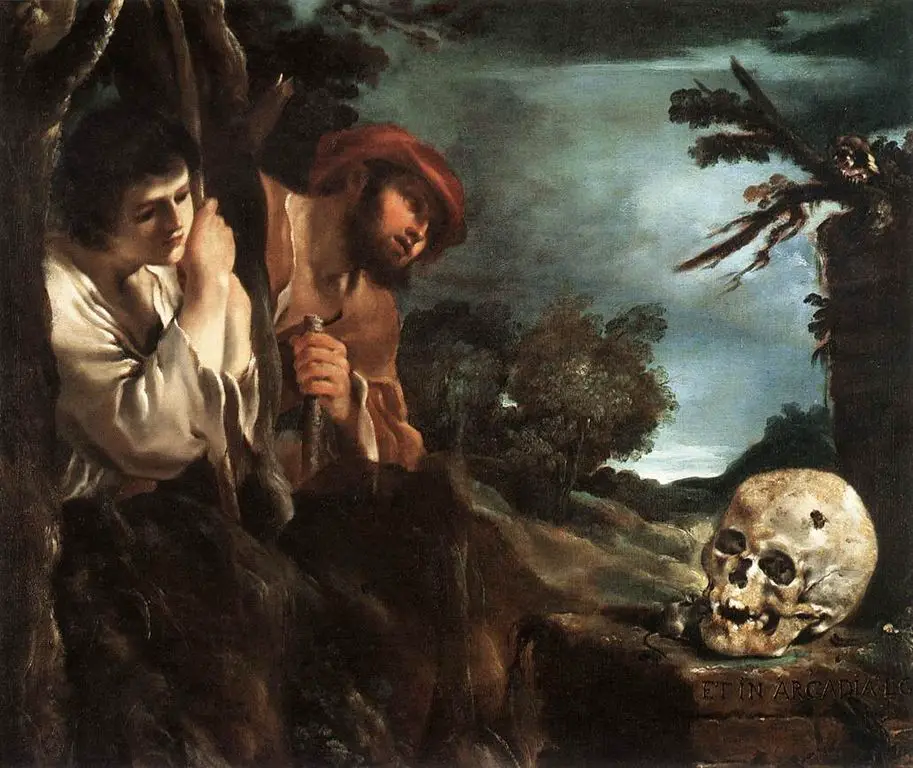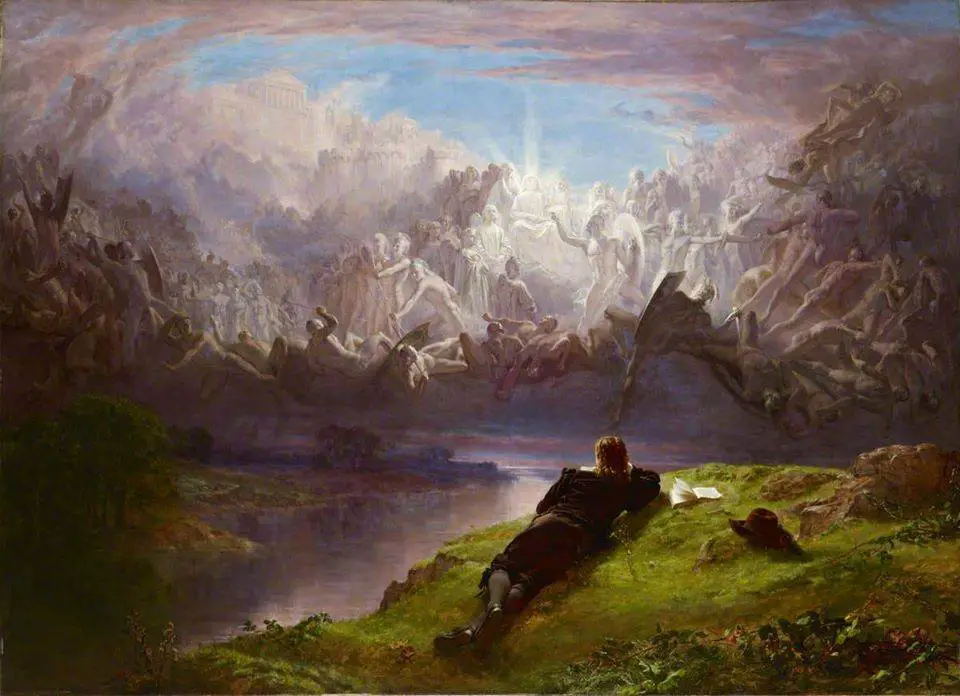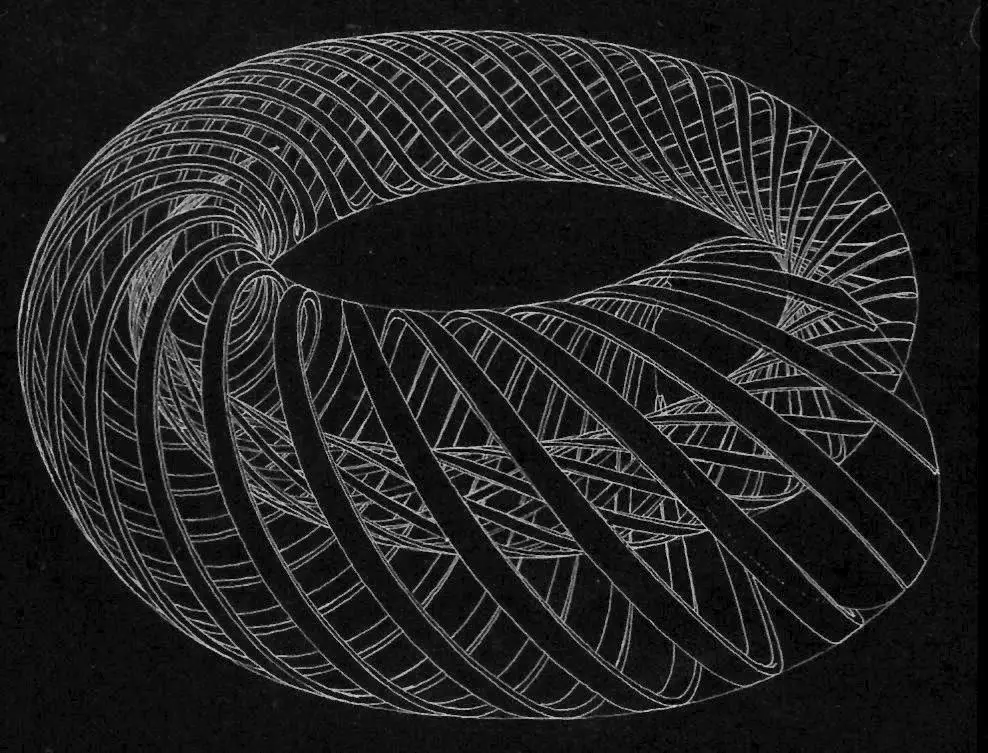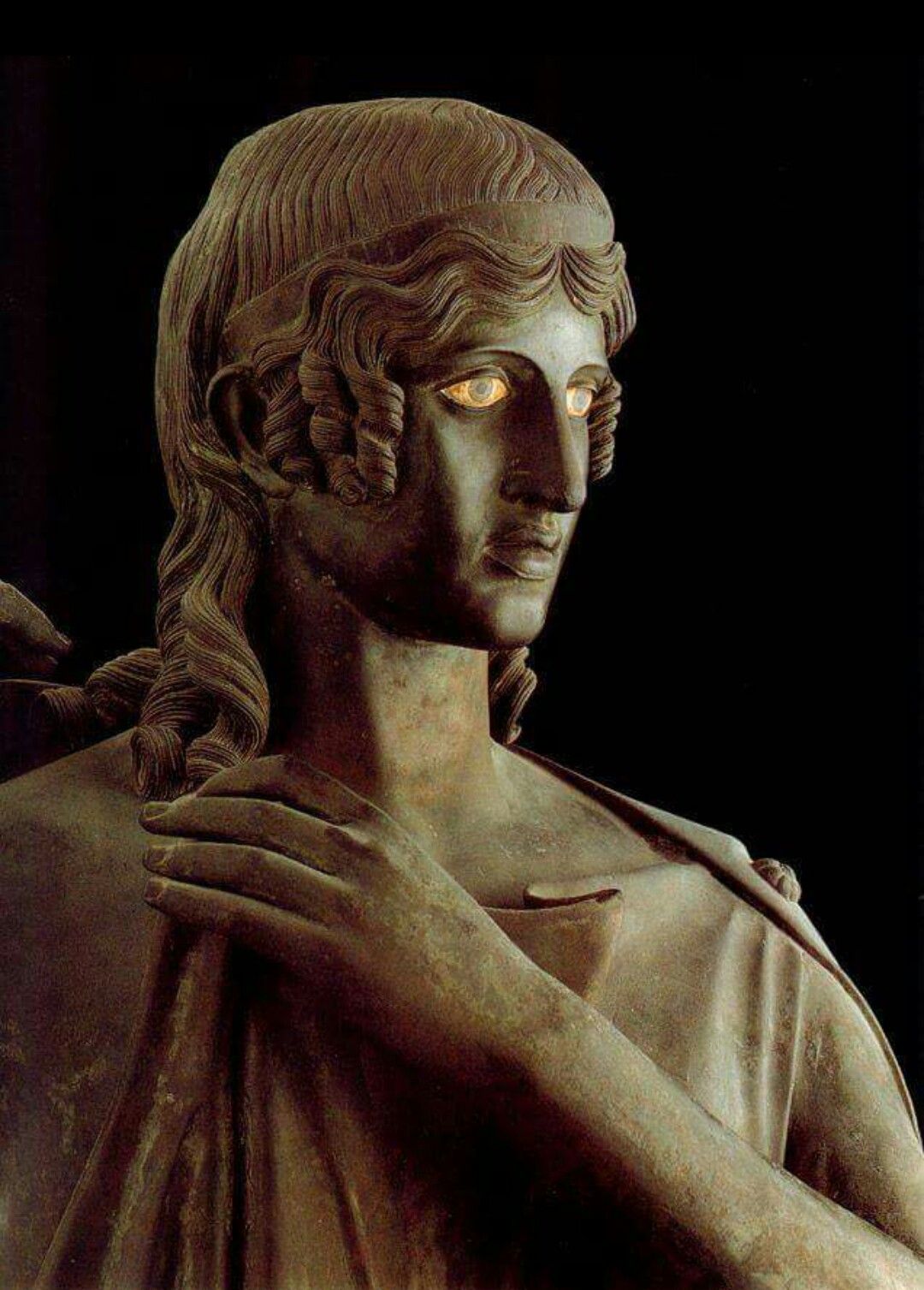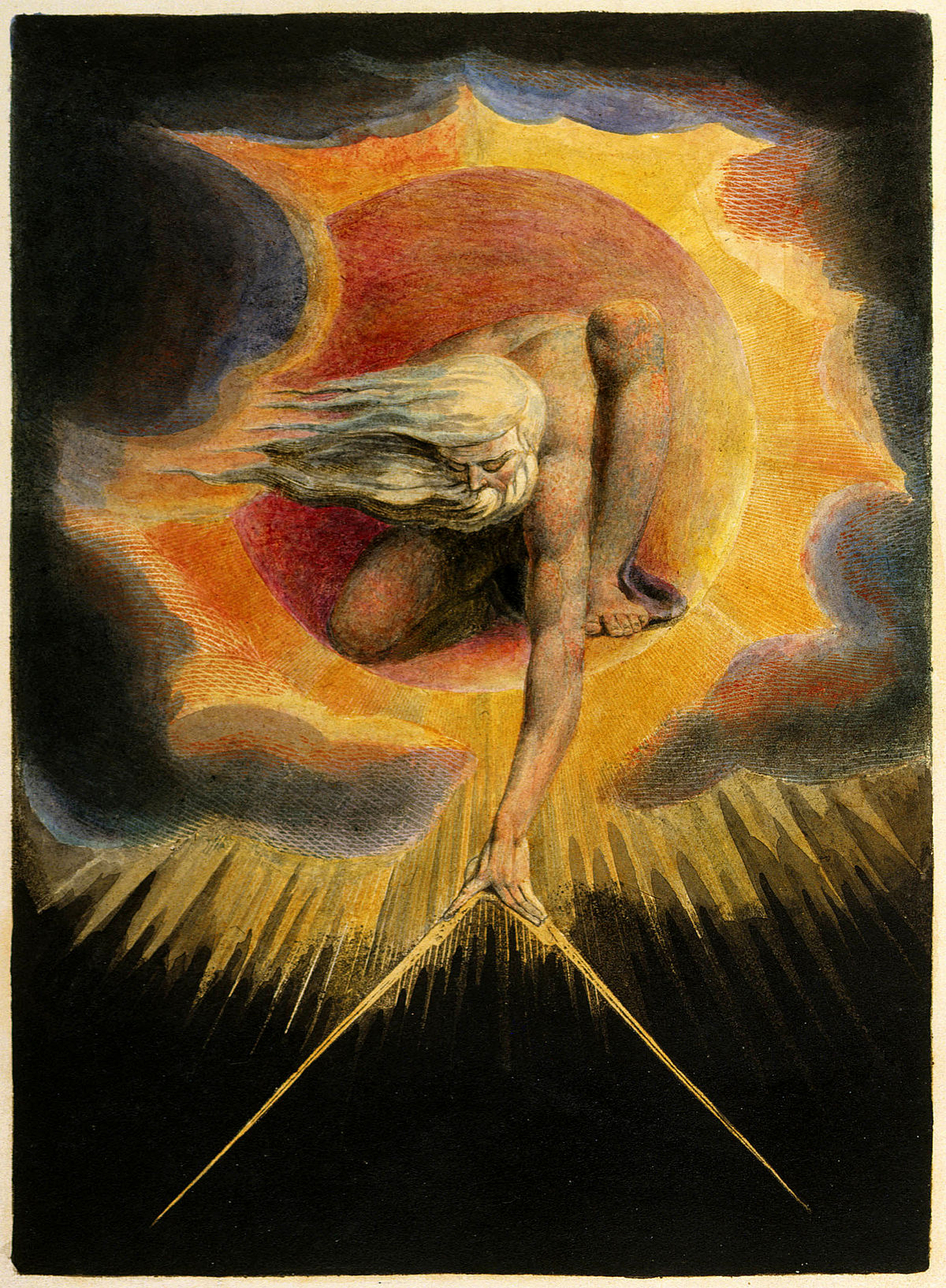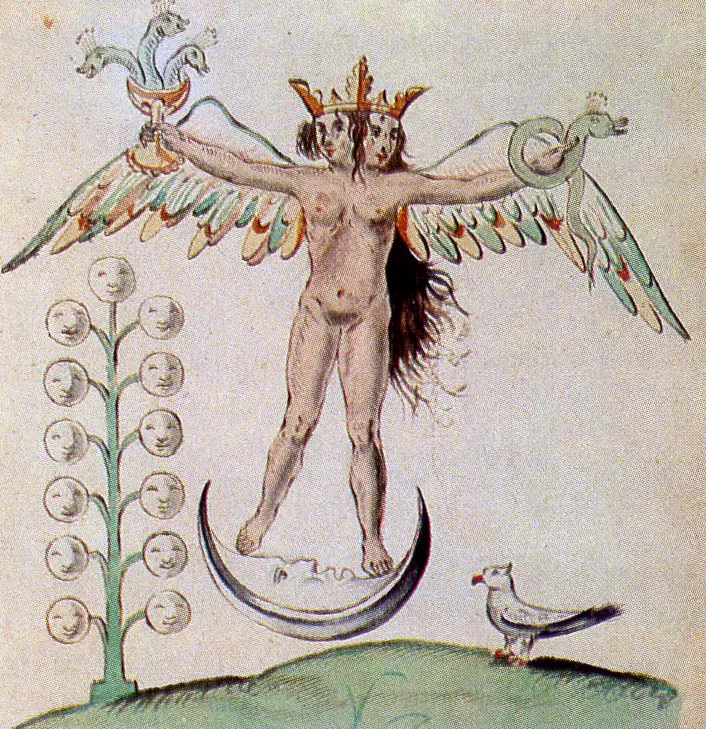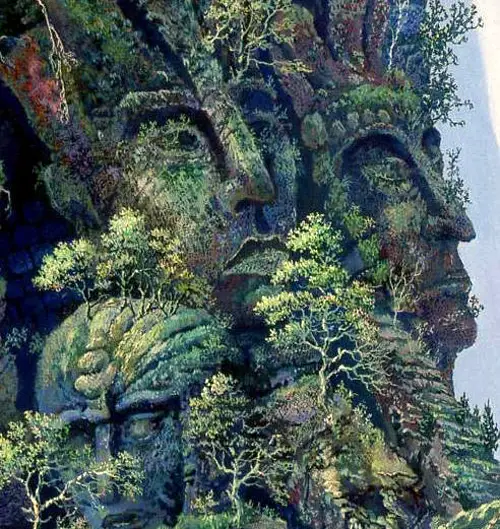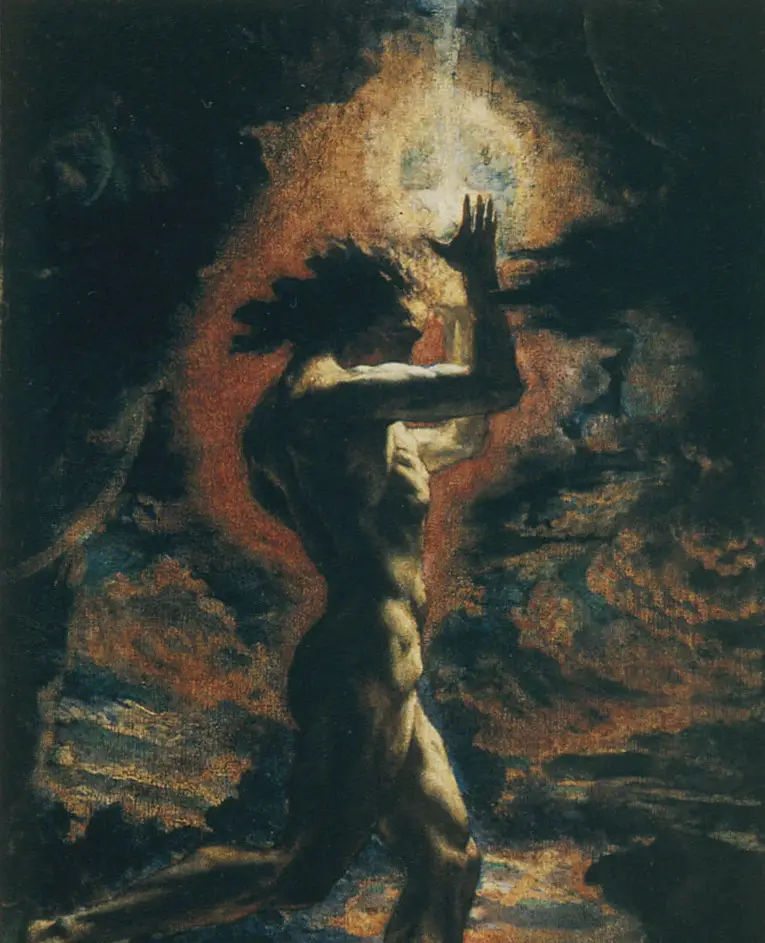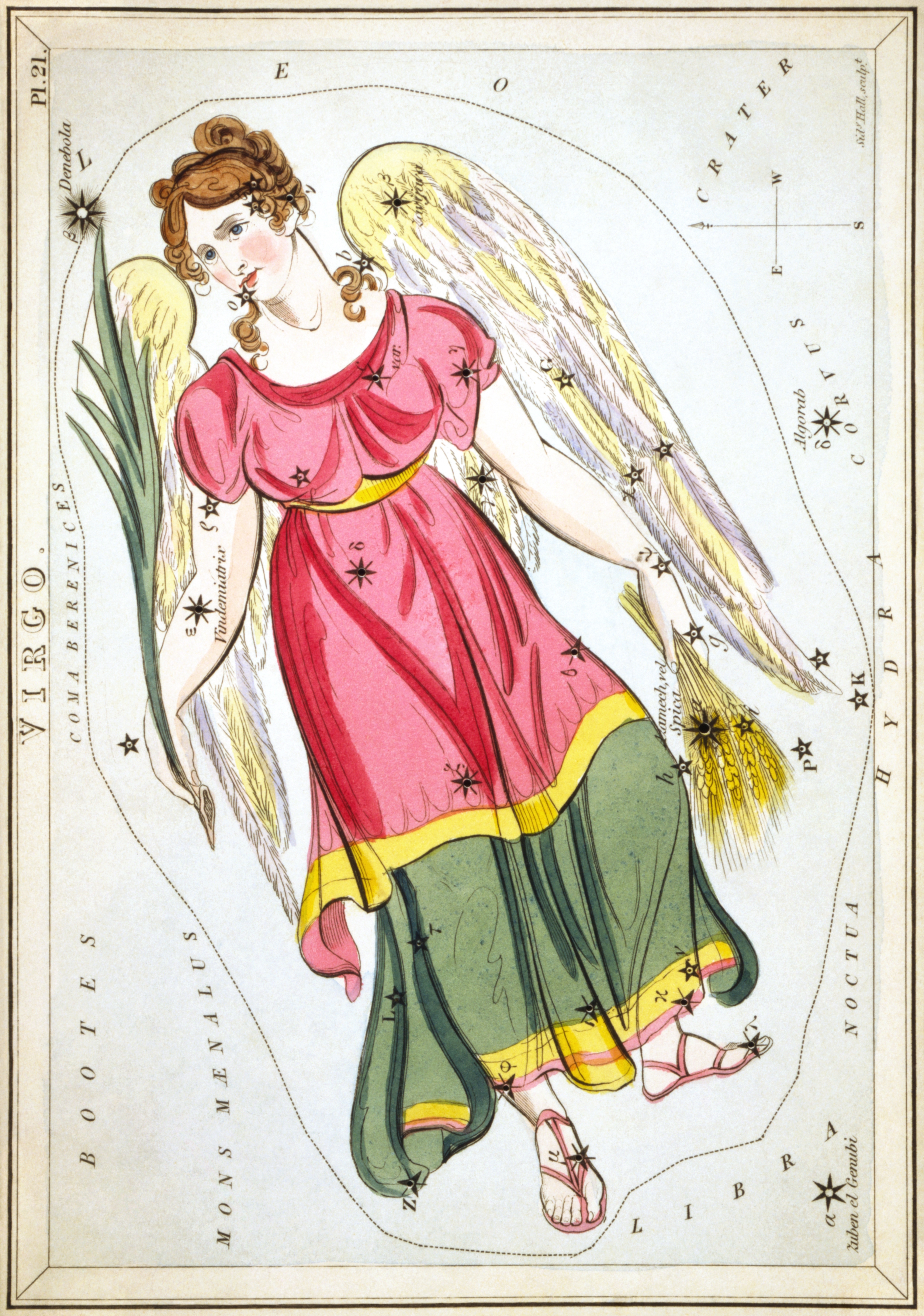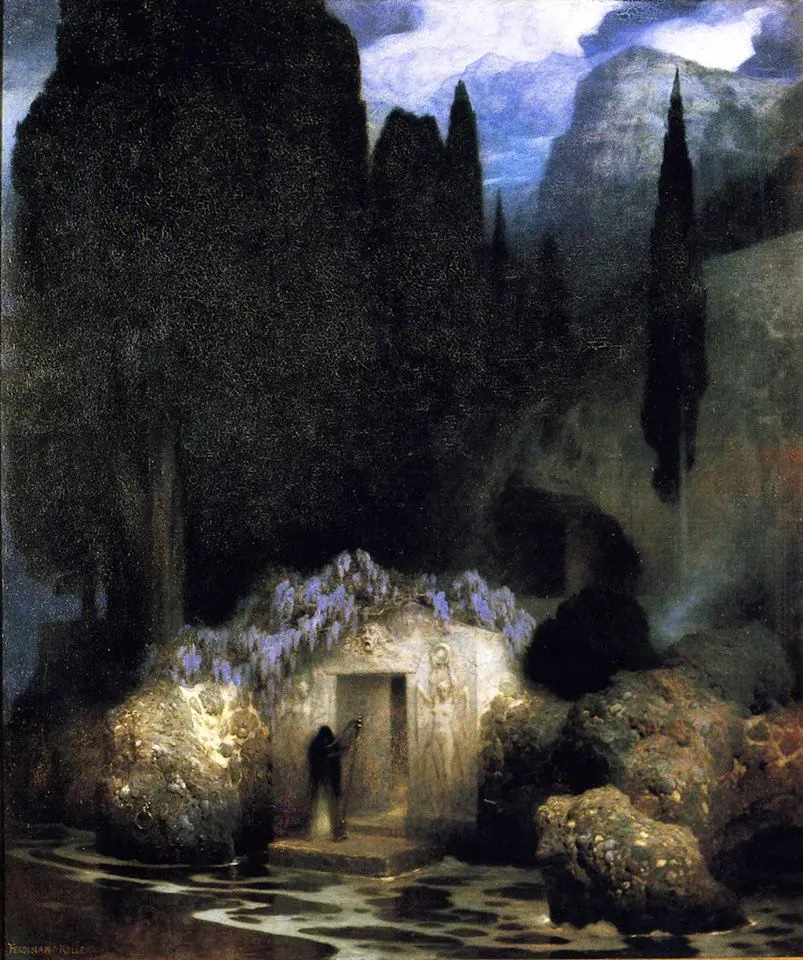Tag: Golden Age
The cosmological meaning of the laughter of the gods: on the myth of Baubò and its surroundings
Emerging from every corner of the globe, the mythology of divine laughter hides an ancestral and terrible secret. Why should we make the worried gods laugh? From Demeter to Amaterasu, the answer points once again to time and cosmic palingenesis.
"Et in Arcadia Ego": the secret Mission of the other Europe (I)
There is an ancient nobility of the Languedoc that for centuries has pursued a political-esoteric mission inspired by the Arcadian myth of the Golden Age, the kingdom of Saturn: to create an Oasis of Peace in Europe, overcoming the hated diarchy of throne and altar. The evidence of this mission can be found scattered throughout the history of Europe starting from the foundation of the Merovingian monarchy until the Second World War, and can be found in all the main socio-political and religious events that we will identify in our study..
Of Solstices and Apocalypses: of Saturn and the Golden Age
Solstitial and "apocalyptic" annotations on the celebration of Christmas and the end of the Year, on the archaic doctrine of the "gates" of the Cosmos and of the Year and on the eschatology of the ancient Sidereal Religion, passing from the Greco-Roman tradition to the Hindu one the Christian one.
William Butler Yeats, navigator of the Great Memory
Going upstream in the opposite direction, WB Yeats became a bard in an age that had banned all poems, forgotten Arcadia, denied and ridiculed the knowledge of the ancient Druids. His entire work - and even before that his entire existence - was consecrated to a Vision, founded on the so-called "Great Memory", a sort of Anima mundi of the Neoplatonists, "reservoir of souls and images and a meeting point between the living and the dead", which the Seer must access to fill theirremediable distance between the ideal and the real, between the divine and the human.
Mircea Eliade: "Cosmic cycles and history"
"Even within the framework of the three great Iranian, Jewish and Christian religions, which have limited the duration of the cosmos to a certain number of millennia, and affirm that history will definitively cease in illo tempore, there are traces of the ancient doctrine of the periodic regeneration of history »: Very ancient doctrine that Eliade, in his essay“ The myth of the eternal return ”, finds in the Babylonian, Hindu, Buddhist, Germanic and Hellenic tradition.
Apollo the Destroyer: "coincidentia oppositorum" in hyperborean mysticism and eschatology
Although mostly considered in his "luminous" and "uranic" meaning, in the archaic tradition Apollo combines the most extreme dichotomies in his mystical and eschatology: the bow and the lyre, wisdom and "mania", depth and elevation, the catabasis and the journey in spirit to the White Island, the "Fall" of Being and the return of the Golden Age. Starting from ancient sources, we can find similar concepts not only to those of North Asian shamanism and Celtic spirituality, but even to the sacred vision of some modern poets — like Blake, Shelley and Yeats - whose Apollonian chrism will appear clearer to us if we analyze their “Weltanschauung” in the light of the Platonic and Heraclitean doctrines.
Towards “TimeWave Zero”: Psychedelia and Eschatology in Terence McKenna
In addition to being one of the "prophets" of the psychedelic Counterculture of the second half of the last century, Terence McKenna was able to build, in the course of thirty years of studies and experiments, a real eschatological system for the Third Millennium, in view of final explosion, based on the recovery of shamanic practices, on a new interpretation of the Sacred as "Mysterium Tremendum" and on the vision, beyond the ordinary dichotomy between life and death, of what he called an "Ecology of Souls".
The Demiurge and the positive possibility: shaping
In this fifth appointment of the "Manvantara" cycle we are going to analyze, after the "negative way of the Demiurge" outlined in the previous article, the specular "positive way": the shaping of man or anthropogenesis.
The Pole, the incorporation, the Androgyne
The mythical traditions from all over the world speak of an auroral golden age in which Man lived "in the company of the gods": this can perhaps be related to creation "in the image and likeness of God" and to tradition of the Platonic primordial Androgynous, homologue of the kabbalistic Adam Kadmon?
The end of the primordial age and the "Fall of Man"
Notes of a mythical-traditional nature on the esoteric history of humanity in the present Manvantara: from the Golden Age to the "Fall", from the "Sleep of Adam" to the "Original Sin", from the tripartition Adam-Eve-Lilith to the revolt of the Bear against the Boar.
The "Heavenly Fire": Kronos, Phaeton, Prometheus
di Andrew Casella
cover: Jean Delville, Prometheus, 1907)
[Continued from The astronomical significance of the Golden Age: Astrea and the "fall" of Phaeton]
In a Mongolian wedding prayer it is stated that: "Fire was born when Heaven and Earth separated": Therefore, before the celestial equator (Father Heaven) and the ecliptic (mother Earth) moved away (ie the inclination angle of about 23 ° of the ecliptic with respect to the equator was recorded), the" Fire " did not exist. At the beginning, the Milky Way united heaven, earth and the world of the dead: the southern part of the Galaxy, in correspondence with Scorpio and Sagittarius, is, for many traditions, the place dedicated to the collection of souls waiting to reincarnate.
The astronomical significance of the Golden Age: Astrea and the "fall" of Phaeton
di Andrew Casella
cover: Sidney Hall, representation of the Virgo constellation, taken from "Urania's Mirror", 1825)
(follows from Stellar symbolism and solar symbolism)
All the peoples of the world sang of a mythical "first time" of abundance, in which the gods walked the earth and all things were in harmony. The myth of the Golden Age fascinated poets from remote antiquity to the times of the Renaissance. Basically, it was believed to be a time of material wonders, in which the bodily well-being of men was guaranteed by the natural and infinite flow of milk and honey. But are things really as the poets sang? What was the Golden Age really? The poets themselves, on the other hand, have preserved (consciously or not) some revelatory clues to the mystery, which refer, once again, to the celestial vault.
Apollo / Kronos in exile: Ogygia, the Dragon, the "fall"
di Marco Maculotti
cover: Ferdinand Keller
Here we aim to bring to a conjunction some cycles of articles published so far in this first year of activity of AXIS world: the cycle concerning i Cosmic-agrarian cults of ancient Eurasia, the one focused on the question of Time and cosmic cycles and finally the series of lectures by M. Ruzzai on the Myth of the polar and hyperborean origin of humanity.

